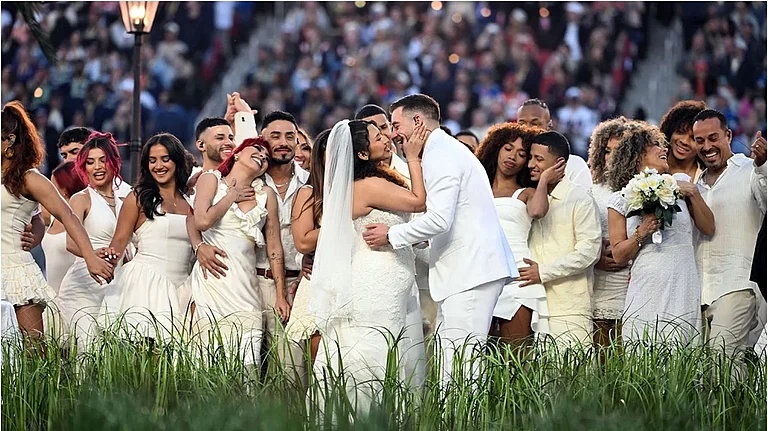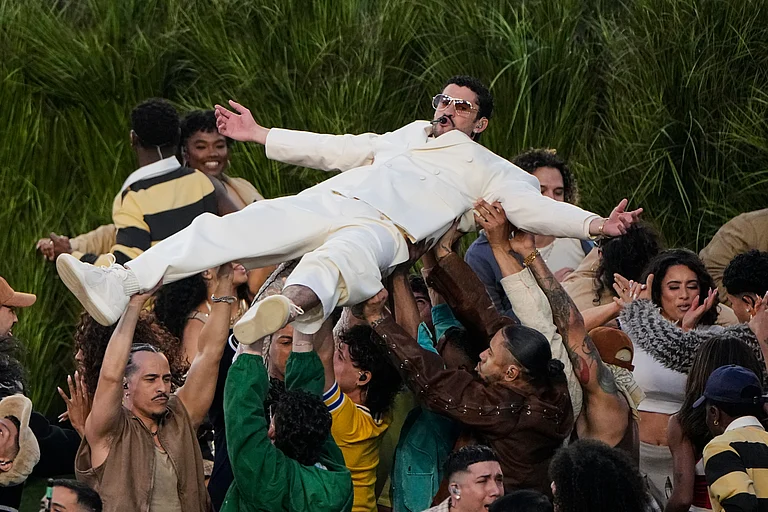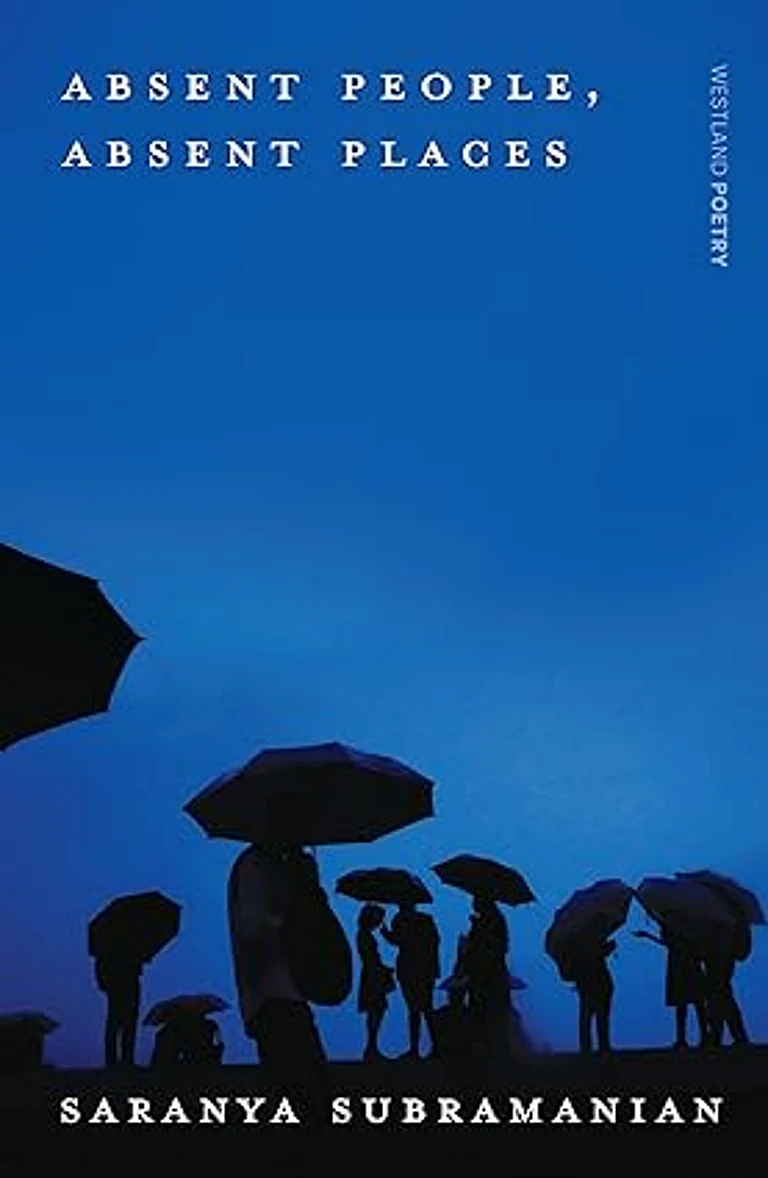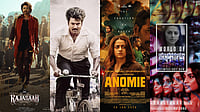Ace comedian Rahul Subramanian who is known for his wit, humour and rib-tickling jokes has come up with his Crowdwork Special 'Rahul Talks to People'. It is currently streaming on Amazon Prime Video. The comedy format is Crowdwork where he is seen having spontaneous interactions with the audience in five different cities-Chennai, Bangalore, Delhi, Kolkata, and Mumbai. The trailer is filled with laughter as Rahul is having funny conversations with different kinds of people.
Before the show premiered, Rahul Subramanian spoke to Garima Das and gave an insight into his show, spoke about the challenges that he faced during the show, the experience of his first stand-up comedy and a lot more. Excerpts from the candid chat.
Can you give us a quick insight into the show?
It's an approximately one-hour Crowdwork special. The format of this stand-up comedy is Crowdwork which is basically a spontaneous unscripted art form where the comedian makes jokes on the fly while making conversation with the audience. What you can see in the show is that it's a compilation of different interactions that I have had across five cities; each conversation is hopefully very different from the other not only in terms of the content that we talk about but also in terms of the kinds of people we speak about. Everyone is unique and quite different from the other. So, hopefully, when people see this they can see a range of conversations that I can have and they enjoy each one of them.
The trailer is hilarious and it's unscripted. So, tell us what was the method while preparing for a show like this?
The method is that as a comedian you have to first back yourself to be funny and have a natural conversation. Basically, the idea is to interact with the audience in a way that they can open up a bit and have a normal conversation as normal as possible wherein you are as interested in the conversation as possible. You listen more and take the conversation ahead and back yourself that during the process you will see the funny side of things and you will say things which will make people laugh. So, the preparation is one- You have to go on stage with an empty and blank mind and back yourself. The process was very easy for me.
What were the challenges you faced while doing the show?
The are two challenges. In every show when I am having a conversation with someone, if it was the show that we were not recording then there will be a lot of moments; there will be callbacks or references to things that have happened in that show before. Now, I had to train myself not to do that and treat every conversation individually because if that is the only conversation that is going on, me referring to anything that has happened in the show before, as a viewer on Amazon Prime you will not even understand what I have said before. So, I had to resist lots of opportunities like good jokes or punchlines by not referring to things that have happened in the show before. That was one challenge which by practice I ensured I didn't do. The second challenge was by the time we reach the last few shows, what content we have to put and now we want something different. As we went more and more into the last few shows, it became difficult to find something very different from what we already had. But it was a good and fun challenge.
What was the experience like doing stand-up for the first time?
It was horrible. Initially, it was extremely difficult to make people laugh. I thought I was a funny person. My friends laugh at what I say but it's completely different when you are on stage and talking to people who have no idea who you are. They are not very generous and they aren't going to allow you to speak for 10 minutes before your first joke comes. They might not find what you are saying is funny. Initially, it was tough and there was also stage fear. But like any other thing the more times you do, you keep unlocking superpowers one by one. And there should be perseverance. You have to like it. Even the first time I went on stage and didn't do well, I loved the art form. So, I kept going like many others. People who keep going find their style.
Where did the idea stem from to be a stand-up comedian?
I started to stand up more as a hobby or interest. I did it along with my work for two years. Initially, I was doing it for fun. Then I realised and started enjoying it more than my work. After two years I realised that this is what I like doing more and I will only do justice to this only if do it full-time because I need to spend my time on this. That's when I took the call. It was a gradual thing and not a sudden one.
What future do you see for stand-up comedy in India?
As of now, it looks bright. The number of comedians is increasing. If you type stand-up comedians on YouTube you will see so many comedians and videos which means the number of people who are doing it is increasing. Along with the number of comedians, the number of shows people are doing is growing which means there is a future and also more competition which is healthy for any industry. There are a lot more opportunities and scope today than what it was when I started doing stand-up.
What is your take on trolls?
Some things are part and parcel of the profession you are in. That is something you have to keep facing and that's the challenge that you will have.
Do you laugh at your own jokes?
If I crack a funny joke I do laugh. Any joke that I do unscripted format is spontaneous but if I am doing a scripted joke, it is a joke that I like. That's why I have made that joke. Otherwise, if I don't find it funny why will I put it out, right? I like what I write and put everything that I find funny. It can be silly and witty.
What are your influences?
To be honest I didn't know that stand-up comedy is a profession existed. I don't have any particular influences as such. I think all my peers or people who had just started before me looked up to all of them and I really liked what I saw. When I saw the Indian stand-up comedians live on stage, I saw them enjoying and I was like I also want this feeling.
What difference do you see in stand-up comedy in the West and India?
Everything is different. Our culture is so diverse. We have different languages and dialects. My stand-up is Hinglish (Hindi+English). There are a lot of comedians who come from the North. They are predominantly Hindi. A lot of comedians come from the South. They speak in English. There are also regional comedians. So, as a country, we are so diverse. I like the West. They have one language. Their industry is way more evolved. They have been doing it for so many years now. It's still quite new in India. The Great Indian Laughter Challenge was the first time we got exposed to any kind of stand-up comedy in India. Our stand-up is unique and funny in our own way because we come from such rich culture and background. Stand-up is having varied perspectives. I think in terms of finesse may be the percentage of people who are better might be more in the West but in terms of quality content we are doing quite well now I feel. As an industry, we are here to evolve and become better. Hopefully, one day we will start performing for audiences across the world and everyone appreciates it.



























